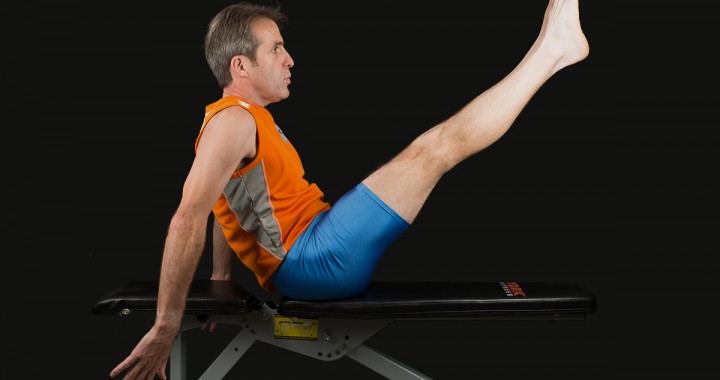How to recover from a Marathon/ Tough endurance event
As we are in Spring Marathon season, I thought it would be good to give you my best tips to recover from a Marathon or Tough endurance event.
The Science
Marathons are tough on the body, muscles, tendons, cells, and almost every physiological system is pushed to the max during a marathon race.
Several scientific studies found that there was still muscle damage & inflammation up to 2 weeks after a marathon. There was cellular damage for 7 to 10 days post race. Also the immune system is compromised up to 3 days post marathon and is a major factor in overtraining syndrome.
Therefore, it is essential that all marathon runners have a 3 to 4 week marathon recovery protocol that focuses on rest and rejuvenation of these physiological systems.
Post race week 1
I sometimes see people in my running club running the next night, saying they are doing a recovery run. In my opinion you are doing serious damage running in the first 4 to 7 days.
If you need to move then a gentle walk for 20 mins and a good soak in the bath, is much more beneficial for you.
Eat lots of fruits, carbohydrates, and protein. The Carbs and protein will help repair the muscle damage while the fruits will give you a boost of vitamin C and antioxidants to help combat free radical damage and boost your immune system.
Light massage will help loosen your muscles, 3 to 7 days after.
Week 2
1x run 2 to 4 miles at the end of the week
Cross training- 1 to 2 easy sessions swimming is the best to help loosen muscles but puts no effort on the body.
Now is the time you can get a deep tissue massage if you have areas that are really bothering you or that are injured.
Continue to eat & drink healthily
Week 3
Running: Begin to slowly build back into full training with 2 to3 runs of 30 to 45 mins.
Cross Training: 1 easy session – 20 to 30mins, 1 medium session 30 to 45mins.
Week 4
You should hopefully feel ready to start your normal training plan.
Do not neglect doing some strength work, this will help get your muscles back to full strength.
Other things to take into consideration
Do not worry about loosening some fitness during the recovery phase. This will allow to train harder during your next training cycle.
Try not to plan any races for at least 6 weeks, so you can fully recover and do some training before you race.
Spas are great ways for helping your tired muscles recover.
Years of research disprove the notion that a day off wrecks fitness; in fact, the opposite is true.
Without recovery, adaptation may occur short-term, but ultimately it will fail. And since most injuries come from overuse, a day of cross-training, rest, or easy miles can prevent a three-or four-week forced breaks, caused by an injury.
Everybody is different and will recover at different speeds, so just listen to your body. If it wants more time off, then listen to it. Hope this helps all you tired marathoners out there.



